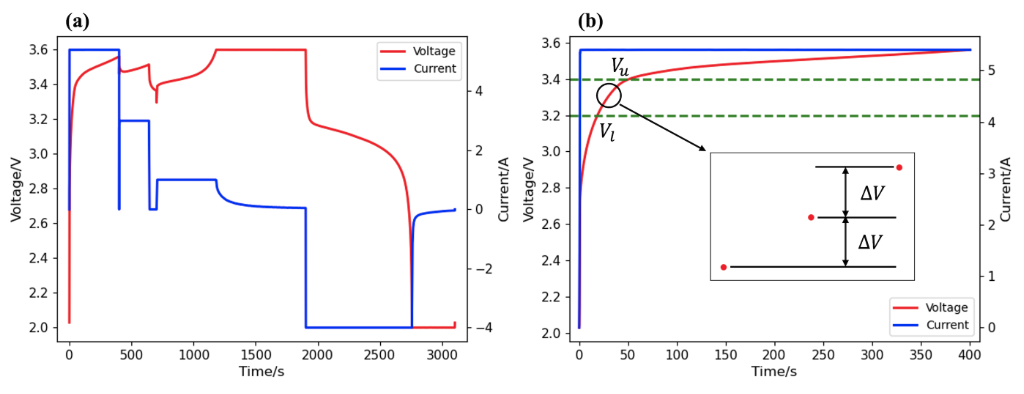Data-driven battery capacity estimation using support vector regression and model bagging under fast-charging conditions
Canadian Journal Of Chemical Engineering,
Yixiu Wang, Qiyue Luo, Liang Cao, Arpan Seth, Jianfeng Liu, Bhushan Gopaluni, Yankai Cao
[PDF]

Click to enlarge image.
Abstract
Lithium-ion batteries offer significant advantages in terms of their high energy and power density and efficiency, but capacity degradation remains a major issue during their usage. Accurately estimating the remaining capacity is crucial for ensuring safe operations, leading to the development of precise capacity estimation models. Data-driven models have emerged as a promising approach for capacity estimation. However, existing models predominantly focus on constant current charging conditions, limiting their applicability in real-world scenarios where fast-charging conditions are commonly employed. The primary objective of this work is to develop a more versatile machine learning model (i.e., support vector regression [SVR]) capable of estimating battery capacity under fast-charging conditions, with broader applicability across various work conditions. Genetic algorithm and cross-validation techniques are employed to simultaneously optimize feature extraction hyperparameters and SVR hyperparameters. A model bagging method is further implemented to address prediction challenges under unknown fast-charging conditions. The effectiveness of the developed model is validated on a cycling dataset of lithium-ion batteries under different two-stage fast-charging conditions.
Read or Download: PDF